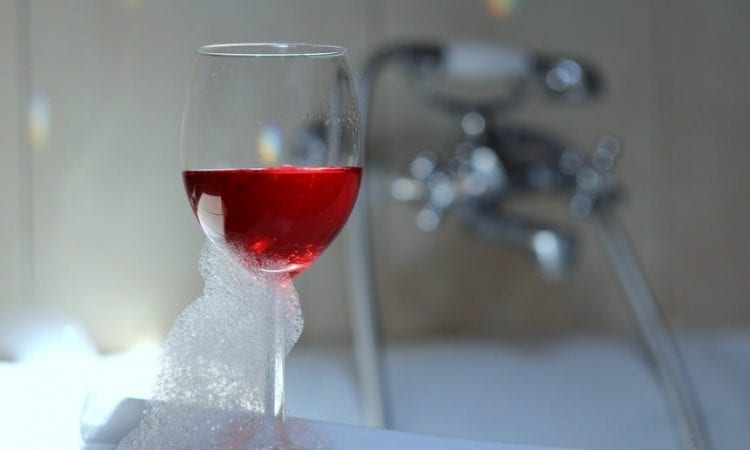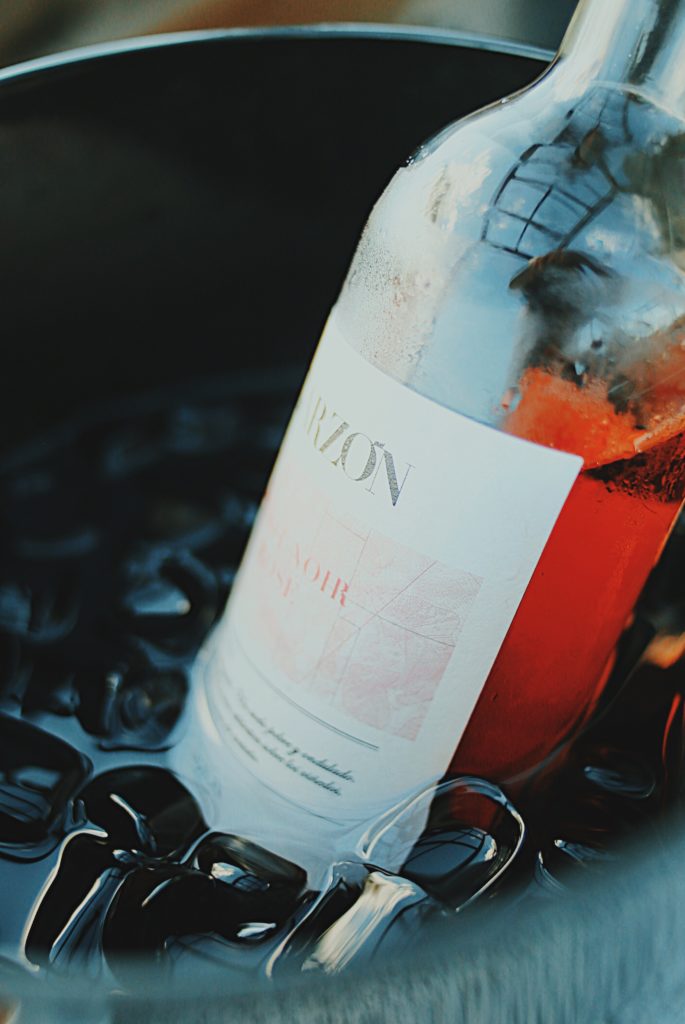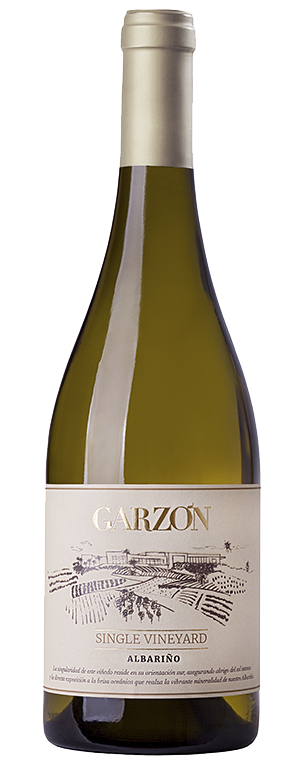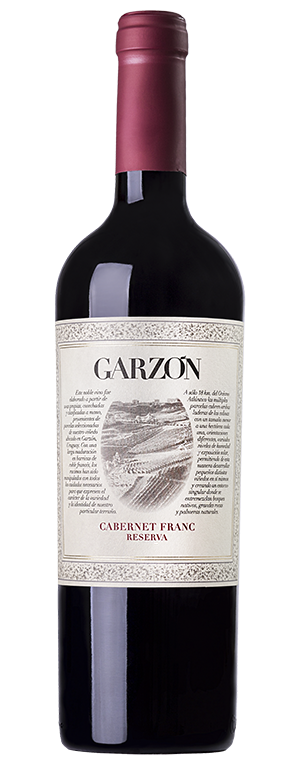They are special, with a young and informal personality that unites sensuality with a soft and delicate presence. It varies according to its vintage, terroir and degree of maturity, and has the freshness of the white wine and the aromatic nuances of a red. Dating back to biblical times, it is the first type of wine that men achieved when they squeezed a bunch of grapes between their hands. It has a lot of nutrients … We are talking about the rose wine: we will discover the benefits of rose wine.
Benefits of rose wine
The rose wine is an excellent choice at lunchtime, to combat the heat, or to share a sunset after a day’s work. It has the fruit characteristics of the red grapes with which the reds are made and with an almost absolute balance between acidity, freshness and the softness of the residual sugar (traits that are characteristic of whites). So the temperature must be intermediate between red and white; To enjoy all the unique aspects that this type of wine presents.
The rosés are wines full of subtleties in aroma, taste and color, and do not have great intensity in any of these aspects. This makes them a versatile product, able to balance a wide range of dishes and adapt to all circumstances. No need to get carried away by comments with little handle. You should give yourself the opportunity to taste this wine that will enhance many dishes of our gastronomy.
As for the pairings, the rosé is the ideal companion for most of the dishes that make up the wide and rich Mediterranean diet. Dishes that include olive oil, pasta, rice, garlic soups, sausages, canapés, Spanish tortillas and salads without excess vinegar. Also, the rosé wine is a good alternative to serve along with dishes that are a priori are difficult to pair, such as the proposals of oriental cuisines, for example Thai, Vietnamese, Chinese or Japanese.
The rose wine is among the non-fat foods and also has an important baggage of nutrients, properties and benefits to the body. Below is a description of their main nutrients and the amounts of each: 0.95 mg. Of iron, 0.10 g. Of proteins, 12 mg. Of calcium, 75 mg. Of potassium, 0.04 mg. Of zinc, 1.40 g. Of carbohydrate, 7 mg. Of magnesium, 4 mg. Of sodium, traces of vitamin A, 0.01 mg. Of vitamin B2, 0.07 mg. Of vitamin B3, 0.03 mg. Of vitamin B5, 0.02 mg. Of vitamin B6, traces of vitamin B9, 0.01mg. Of vitamin B12, 6 mg. Of phosphorus, 66.90 kcal. Of calories and 1.40 g. of sugar.
As we can see, rosé wines are always the correct answer between reds and whites. It’s time to find out about the Myths and Truths of these great exponents, start looking for them in wine cellars and on the wine lists of restaurants, and enjoy the great taste and benefits of rose wine. Cheers!









